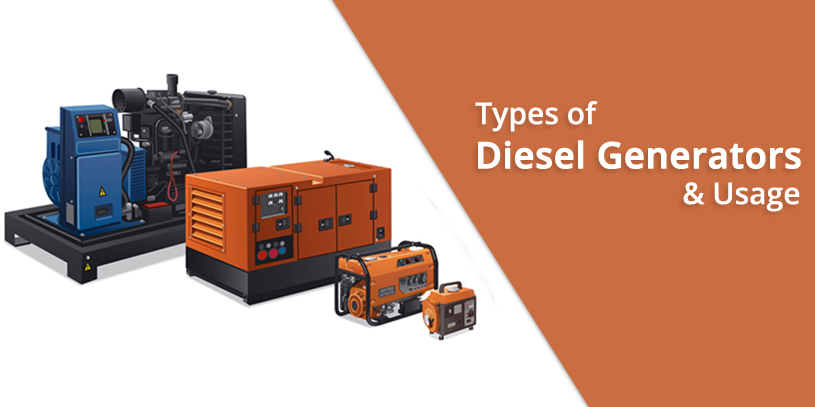Ampstell Engineering Solutions, HMT Junction, Kalamassery, Ernakulam - 683104


Ampstell Engineering Solutions, HMT Junction, Kalamassery, Ernakulam - 683104

What is a diesel generator?
A diesel generator is a machine that produces electricity by combining a diesel engine and an electric generator. It essentially converts the chemical energy of diesel fuel into mechanical energy via the engine, which then drives the generator to produce electrical energy. These generators are widely used for providing backup power or as the primary power source in various settings like homes, businesses, and industrial sites.
Here’s a breakdown:
In essence, a diesel generator is a self-contained unit that produces electricity by burning diesel fuel, making it a valuable tool for ensuring a reliable power supply in diverse situations.
Diesel generators are categorized into types based on their application and size. Common types include portable, standby, and industrial generators, each serving distinct purposes. Portable generators are used for temporary power needs, standby generators provide backup power during outages, and industrial generators are used for large-scale operations and continuous power supply.
Types of Diesel Generators and Their Uses:
Applications of Diesel Generators:
Remote Areas: Supplying power to communities and businesses in areas without access to the electrical grid.
Residential: Providing backup power for homes during outages.
Commercial: Ensuring uninterrupted power supply for businesses, including lighting, HVAC, and essential equipment.
Industrial: Supporting power needs in factories, manufacturing plants, and other industrial facilities.
Construction: Providing power for tools, equipment, and lighting on construction sites.
Mining: Supplying power for mining operations, including excavation, drilling, and processing.
Oil and Gas: Providing power for drilling, pumping, and other operations in the oil and gas industry.
Data Centers: Ensuring continuous operation of data centers, which require a reliable power source for data storage and processing.
Healthcare: Providing backup power for hospitals, clinics, and other healthcare facilities.